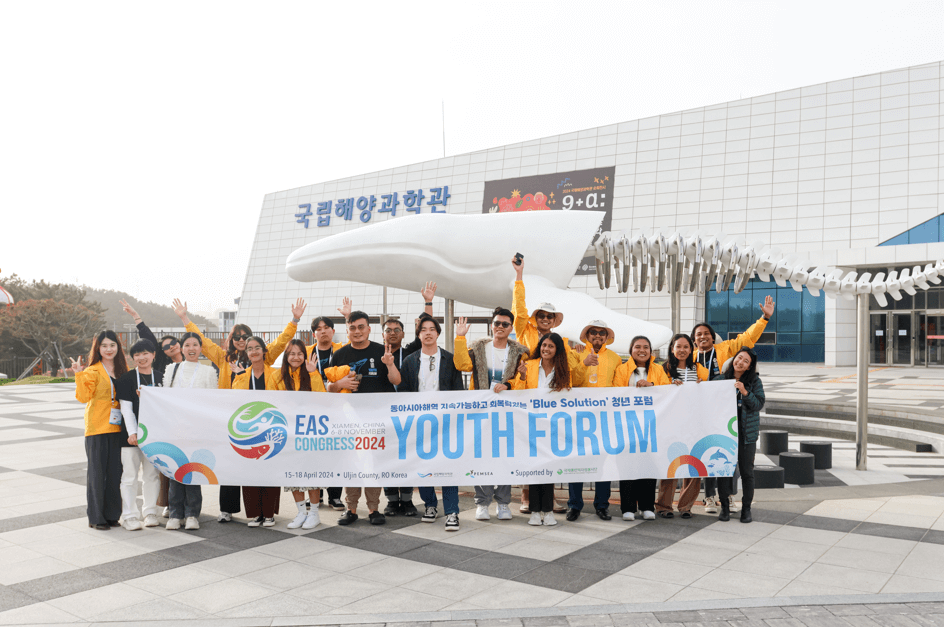EAS Congress: Transboundary Issues as Catalysts for Cooperation
Thursday, 20 November 2008

Quezon City, Philippines — Growing populations and their migration to coastal areas, along with extensive industrial activities and rapidly increasing shipping traffic exert tremendous pressure on East Asian region's coastal and marine environment and natural resources. Studies show that over 80 percent of all marine pollution originates from land-based sources while continued discharge of industrial wastes result in toxic accumulations in the marine food chain. The EAS region is currently facing various challenges in environmental issues that are exacerbated by the negative effects of climate change. These challenges include: coral bleaching, mangrove deforestation, water scarcity, subregional pollution hotspots, and habitat destruction.Indeed, these environmental issues become even more complicated in a transboundary context that involves international relations and mechanisms of cooperation. Although many international agreements and conventions have been developed and various international and intergovernmental institutions have also been established to facilitate the collaboration of countries to prevent or mitigate transboundary and global consequences of the environmentally unsound activities, critical issues remain politically sensitive and unresolved.Recognizing that transboundary environmental issues is as a complex problem requiring an integrated approach, the East Asian Congress 2009 is organizing a workshop on Addressing Transboundary Issues Through Regional/Subregional Seas Cooperation: Initiatives in East Asia. The Workshop is expected to bring together experts and practitioners from both within and outside the region, as well as representatives from local and national government officials, nongovernmental organizations and the private sector. Under the Coastal and Ocean Governance theme, the workshop aims to share information on new initiatives or programs of various regional and subregional seas initiatives in the region; outline key transboundary issues and actions taken at the regional and subregional level and its implications; and outline good practices and areas of collaboration between and among the regional and subregional initiatives. Case studies are also lined up to draw upon the experiences and lessons learned of countries and organizations.Another topic of interest under the same theme will be the workshop on The Continental Shelf: Post-May 2009 Perspectives. Following the UN Conventions on the Law of the Sea (UNCLOS) deadline in May 2009, the workshop will serve as a venue for academic discussion and sharing of information/perspectives on extended continental shelf submission claims; discuss obstacles encountered and overlapping or conflicting claims and available options to address the conflicts; and identify areas of cooperation between and among countries.The EAS Congress 2009 is being hosted by the Government of the Philippines, organized by PEMSEA and the Department of Environment and Natural Resources (DENR), and supported by GEF, UNDP, UNOPS and CMC. It will be held on 23-27 November at the Philippine International Convention Center (PICC), Manila, with the theme: "Partnerships at Work: Local Implementation and Good Practices."



